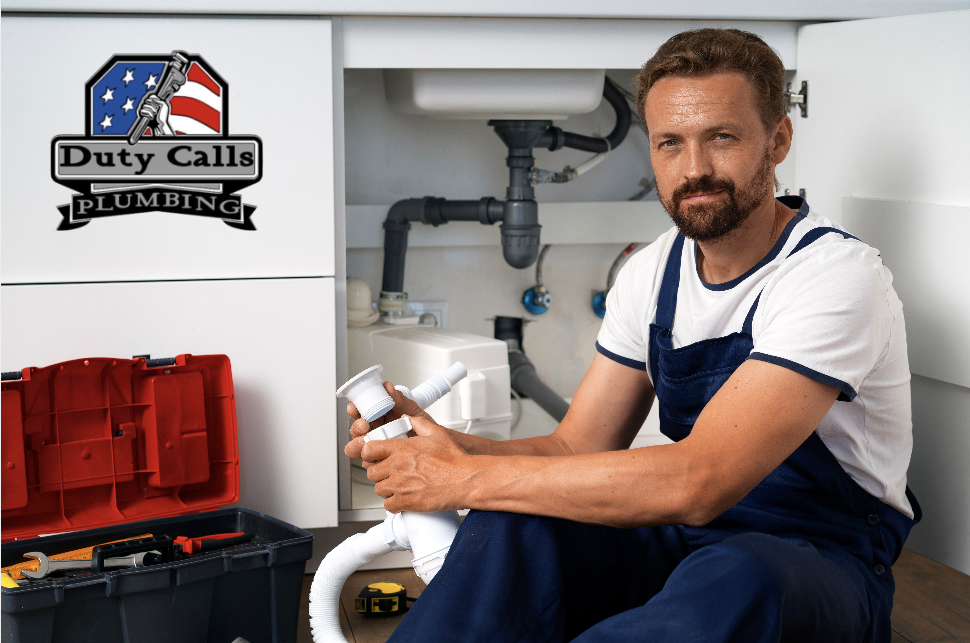
Are you contemplating upgrading your home’s plumbing system? Such a decision holds the potential to significantly enhance your living environment, but it requires thorough consideration. To ensure you embark on this project with clarity and confidence, it’s essential to ask the right questions. Here, we delve into 10 key inquiries that will guide you through the process, offering insights and considerations for each step:
1. How Old is Your Current Plumbing System?
Assessing the age of your plumbing system isn’t just about determining its lifespan; it’s about understanding its history and potential vulnerabilities. Older systems may lack modern features and could be more prone to issues like corrosion and leaks. Knowing the age of your plumbing provides valuable context for deciding whether an upgrade is necessary and what technologies may be compatible.
2. Are You Facing Recurring Plumbing Problems?
Persistent issues such as leaks, clogs, or inconsistent water pressure can disrupt daily life and indicate deeper underlying issues within your plumbing infrastructure. Beyond inconvenience, these problems can lead to water damage and higher utility bills. Identifying recurring issues prompts consideration of whether piecemeal repairs are sufficient or if a comprehensive upgrade is warranted for lasting peace of mind.
3. Do You Have Outdated Materials in Your Plumbing?
Older homes may harbor plumbing systems constructed with materials like lead or galvanized steel, which pose health risks and are no longer up to code. Understanding the composition of your plumbing allows you to prioritize safety and compliance. Upgrading to modern materials not only mitigates health hazards but also enhances durability and efficiency.
4. Are You Familiar with Local Building Codes?
Plumbing regulations vary by region, and compliance is non-negotiable. Understanding the specific requirements in your area ensures your upgrade meets safety standards and avoids potential legal complications down the line. Consulting with local authorities or experienced professionals can provide clarity on regulatory nuances and streamline the upgrade process.
5. How Has Your Water Usage Changed Over Time?
Evolving household dynamics, such as an increase in family size or lifestyle changes, can place different demands on your plumbing system. Assessing your current water usage patterns helps anticipate future needs and tailor your upgrade accordingly. Whether it’s accommodating additional fixtures or optimizing water conservation measures, understanding usage trends ensures your plumbing system remains responsive and efficient.
6. Repair or Replace?
In the face of plumbing issues, it’s tempting to opt for quick fixes, but a strategic approach considers the bigger picture. While repairs may offer immediate relief, recurring problems signal underlying deficiencies that could escalate over time. Evaluating the cost-effectiveness of repairs versus a comprehensive upgrade involves weighing short-term expenses against long-term benefits, such as improved reliability and reduced maintenance.
7. Choosing the Right Plumbing Material
The material composition of your plumbing system impacts its longevity, performance, and maintenance requirements. Copper, PEX, and PVC each offer distinct advantages in terms of durability, cost, and compatibility with your home’s infrastructure. Exploring these options in detail ensures you select a system that aligns with your budget, preferences, and long-term goals.
8. Exploring Energy-Efficient Options
Embracing energy-efficient plumbing solutions isn’t just about reducing environmental impact—it’s also a savvy financial investment. Upgrading to low-flow fixtures, efficient water heaters, and smart irrigation systems not only conserves resources but also lowers utility bills over time. Calculating potential savings and assessing available incentives can guide your decision-making toward sustainable choices that benefit both your wallet and the planet.
9. Incorporating Smart Technology
The integration of smart technologies into your plumbing system offers unparalleled convenience, safety, and efficiency. From leak detection sensors to programmable thermostats, these innovations provide real-time monitoring and control, empowering you to optimize water usage and mitigate risks proactively. Exploring the diverse range of smart solutions available allows you to tailor your upgrade to suit your lifestyle and priorities.
10. Obtaining Multiple Quotes
Selecting the right plumbing contractor is paramount to the success of your upgrade project. Obtaining quotes from multiple reputable professionals not only helps gauge fair market prices but also provides insights into service quality and expertise. Prioritizing factors such as reputation, experience, and warranty coverage ensures you partner with a trusted provider who delivers exceptional results and peace of mind.
Embarking on a plumbing upgrade journey entails careful planning, informed decision-making, and attention to detail. By asking these essential questions and delving into the nuances of each consideration, you equip yourself with the knowledge and foresight to navigate the process confidently. Whether you’re seeking enhanced functionality, sustainability, or safety, a meticulously planned upgrade transforms your home into a haven of comfort and efficiency.
If you’re considering on upgrading your plumbing system today, contact Duty Calls Plumbing for professional plumbing services. The reviews and feedbacks from our clients speak everything about the quality of services they got from us. Give us a call at (765) 310-1333.
